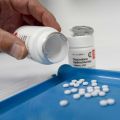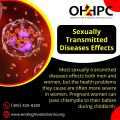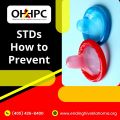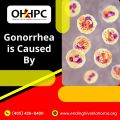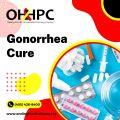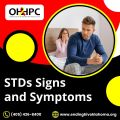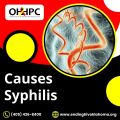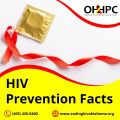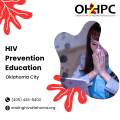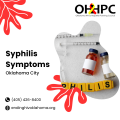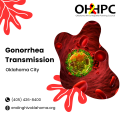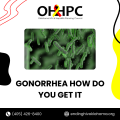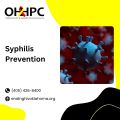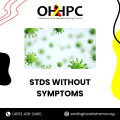$2.70
Health
Offers from neighboring states:
Oxycodone
Available Dosages: 15 mg & 30 mg Tablets
Imprints: “M” “15”, M” “30”
Shape/Color: Round Green/White M15 & Blue/White M30 Pills
Product Name: Adderall XR
Strength: 5mg, 10mg, 15mg, 20mg, 25mg, 30mg.
Manufacturer: Actavis & TEVA Inc.
Adderall XR is used to treat narcolepsy and attention deficit hyperactivity disorder
$2.70
Onlineabortionrx is one of the best pharmacies provide Abortion pills i. e MTP Kit,
Mifeprex etc at a cheap price.
$259.00
Sexually transmitted diseases effects tubal or ectopic pregnancy and can cause pelvic inflammatory disease, infertility, cervical cancer, and perinatal or congenital infections.
The best method of safety is to use condoms to prevent STDs. Condoms are how to prevent STDs. However, it's crucial to educate yourself on the proper use of them.
Gonorrhea is caused by infections in the genitalia, rectum, and throat . It is a very widespread infection, particularly among young people between the ages of 15 and 24.
Gonorrhea can be cured with antibiotics. It is important to get tested and treated promptly to prevent complications and the spread of the infection to others.
Signs and symptoms of STDs can include discharge, itching, burning, pain during sex, and abdominal pain. Some STDs may not cause any noticeable signs or symptoms.
Syphilis is caused by the bacterium Treponema pallidum. It is usually transmitted through sexual contact, but can also be transmitted from mother to child during pregnancy or childbirth.
HIV prevention campaigns play a critical role in enhancing awareness and advocating for safe sex practices, testing, treatment, and other preventive measures.
HIV prevention education plays a vital role in reducing the spread of HIV. It involves providing knowledge about the risks and modes of HIV transmission.
Syphilis can manifest with symptoms such as sores, rashes, and fever. If left untreated, it can result in grave complications. To acquire further insight into syphilis symptoms,
Gonorrhea is mainly spread through sexual contact with an infected individual and can be contracted through unprotected vaginal, anal, or oral sex.
Gonorrhea: how do you get it? Neisseria gonorrhoeae is the bacteria that causes gonorrhea, a sexually transmitted infection (STI).
Syphilis, caused by the bacterium Treponema pallidum, primarily spreads through intimate contact, including vaginal, anal, and oral interactions.
STDs without symptoms, meaning they do not cause any noticeable symptoms. This makes testing for STDs important, as individuals may unknowingly have an infection.


